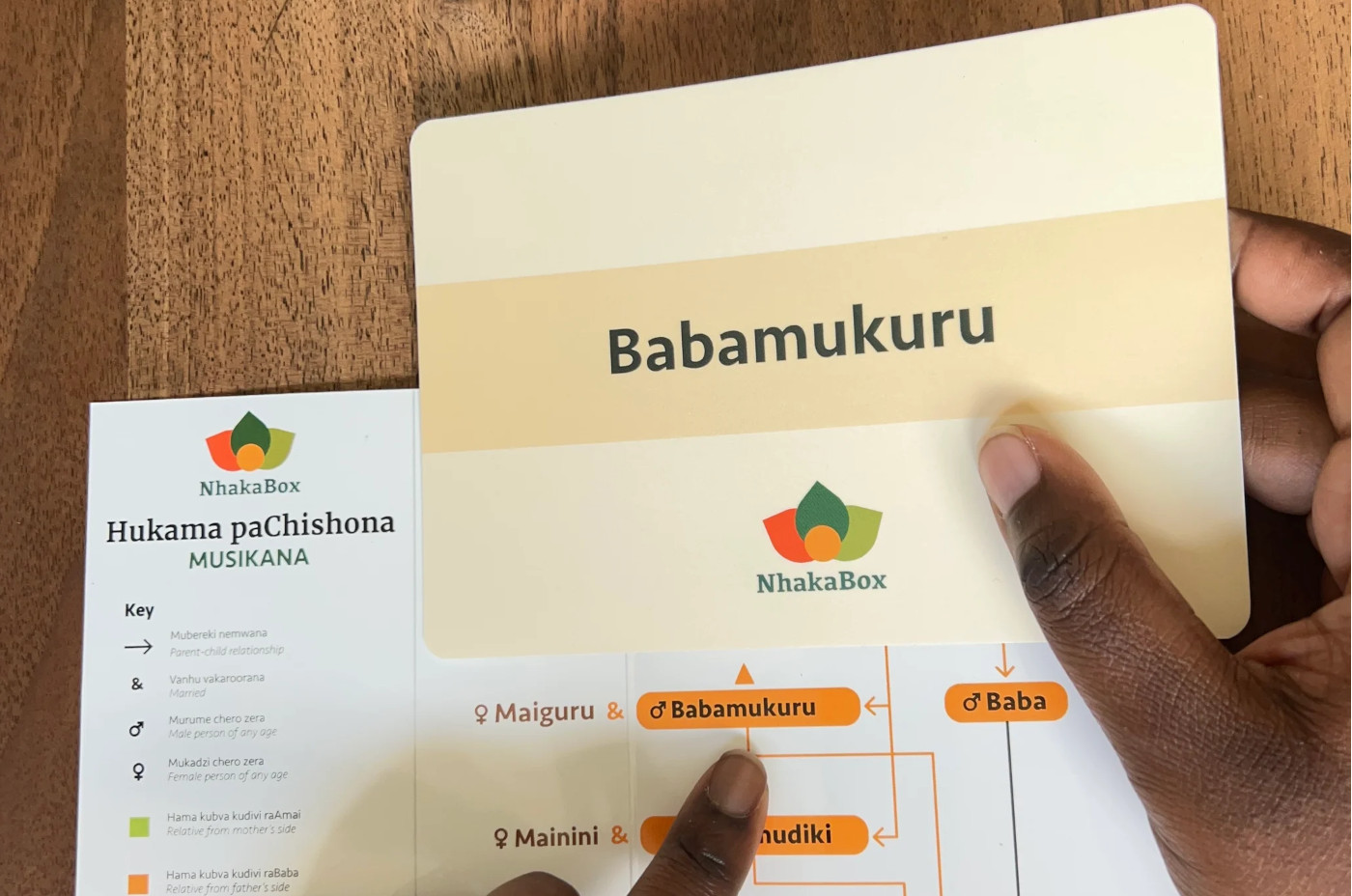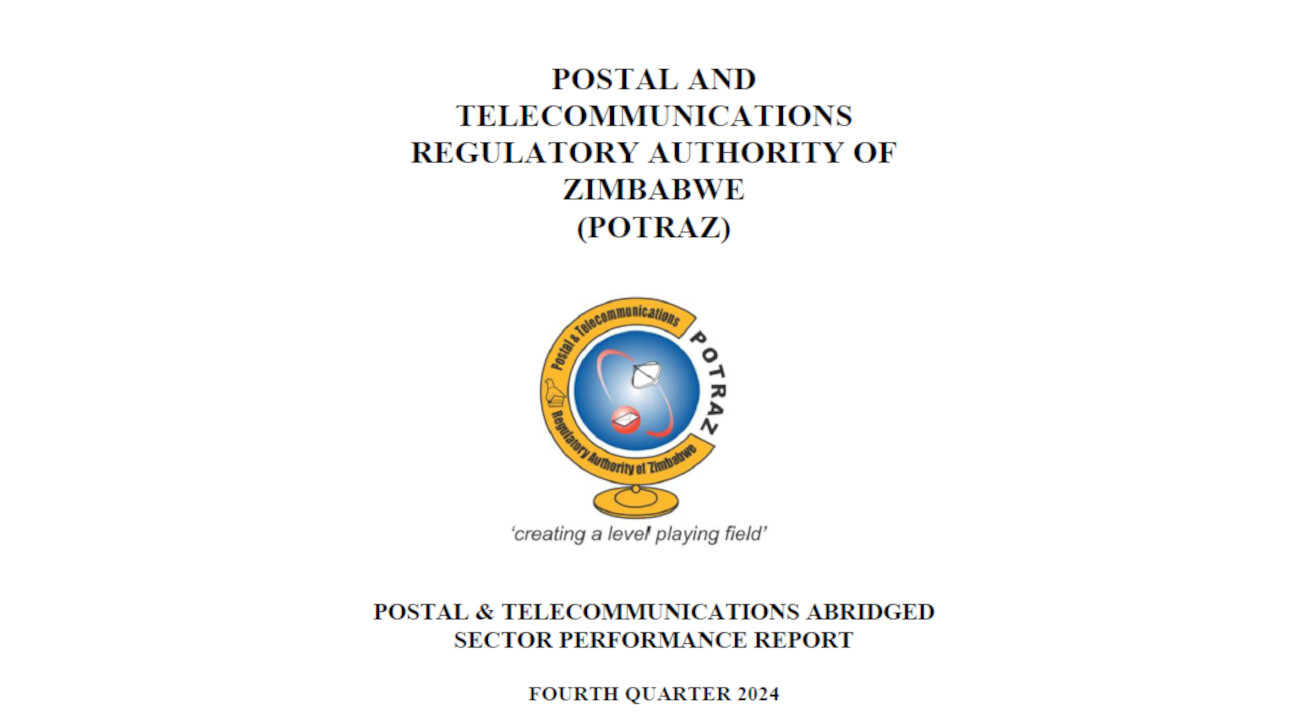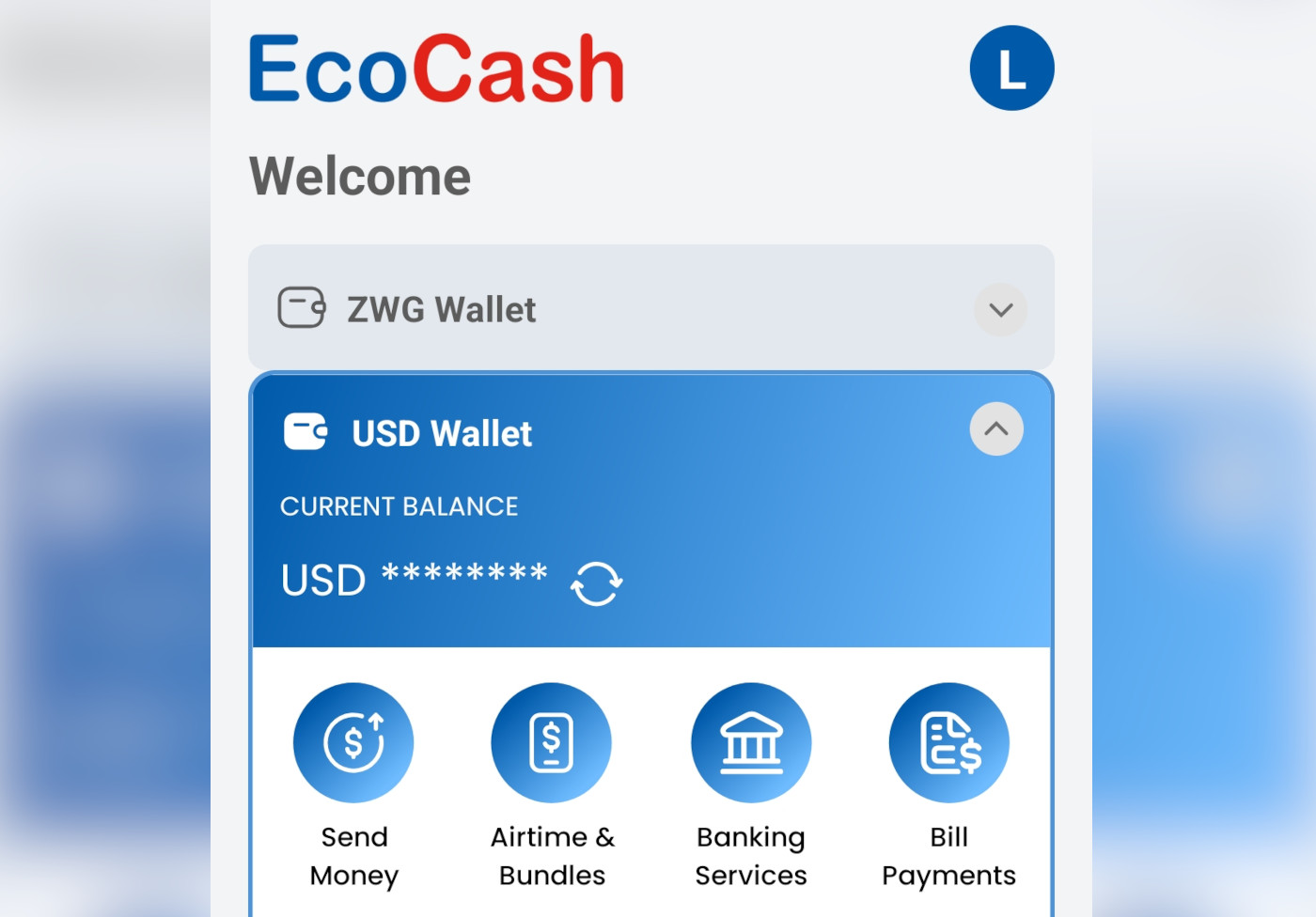I still find it shocking that Zimbabwe is not as studied as it should be. The likes of Steve Hanke are fascinated, but most are sleeping on this treasure trove of case studies.
We have had so many monetary policy shenanigans that you can’t possibly remember it all off the top of your head. Some of our younger readers might not know that there was a time when the government pushed for electronic transactions, and the economy went all in on that.
Back in 2017, we wrote this headline: Electronic money now 70% of all payments in Zimbabwe…
Yes, the country had gone cashless—something you can’t even imagine happening in 2025. One of the major government decisions that put a halt to that cash-lite progress was the introduction of the 2% Integrated Money Transfer Tax (IMTT) in 2018.
The government got greedy when it saw billions of electronic transactions that it could tax. From that year, the country has been steadily moving back to cash. Today, no one prefers electronic payments if it can be helped.
I bring this all up because I’m seeing Tanzania walking down a road we once walked. Tanzania is trying to boost digital transactions.
Tanzania scraps charges on card payments
The Bank of Tanzania has eliminated charges on card payments to encourage digital transactions and promote a cash-lite economy.
The initiative, led by the Bank of Tanzania, applies to debit, credit, and prepaid card payments at point-of-sale (POS) machines, with penalties for merchants who violate the order. Digital payments are growing rapidly in Tanzania, with 48.4% of the population using digital platforms, bolstered by increased smartphone ownership and financial inclusion. Contrast that with the 70% we had reached in 2017.
The Tanzanians say the move aligns with the country’s economic growth, driven by key sectors like trade and financial services, and aims to enhance security, transparency, and convenience in transactions.
Tanzania, don’t do a Mthuli
The benefits of going cash-lite are there for everyone to see. This is why even the Zimbabwean government still tries to convince people to ditch cash.
Of course, when all digital transactions attract 2% charges from the government itself—before the banks, which are just as greedy if we’re being honest—digital transactions are way too expensive in Zimbabwe.
Cash carries no such costs. It is riskier to handle, but Mthuli doesn’t get 2% every time anyone pays someone when using cash. That’s a huge plus.
That’s not even considering the whole currency issue. So, yeah, the digital transaction dream in Zimbabwe was undone by the government and banks’ greed.
I wonder what would happen if the Zimbabwean government scrapped charges on digital payments—both the IMTT and bank and payment provider charges—like Tanzania is doing here. Would that spell trouble for some banks that rely too much on charges today? Or would Zimswitch survive without POS revenue? Would Mthuli keep his job if IMTT revenue was taken off the table?
I don’t have answers to these questions, but just posing them shows that we won’t be getting free card payments anytime soon in Zimbabwe. All the players involved in facilitating digital payments are too reliant on fee income for anything to be done. So, the march toward a fully cash economy will continue.


![[Event] Discover AR: Demystifying Augmented Reality for Everyday Innovation](https://t3n9sm.c2.acecdn.net/wp-content/uploads/2025/05/AR3.jpeg)










Comments
6 responses
The gvt has ruined this country. I remember as early as 2012 a lot o people using the likes of ecocash nettcash etc to do their transactions. I even remember boarding a bus and paying via ecocash and swipe without any extra charges. Mutuvi has managed to undone all these good things
If they want their tax they should drop bank charge to offset
At current the bank making the same as the gvt both take 2%
Simply drop the bank charge to 0.5% and the total cost drops to 3.5%
Force them to be useful and find new sources of income
Drops to 2.5%
The govt got greedy if they had just levied a very light tax. A fraction of half a % would have been OK. The government saw the goose that laid golden eggs and instead of being patient they decided to cut it open.
Mandoza – Ama 50 pinki
reocver lost funds
I fell for a scam broker, and lost a lot of money up to $150,000. I searched for a way to retrieve my lost money back and I got a recommendation of Expert Bernie Doran. Their expertise and professionalism in navigating the complex process were truly commendable. I have been able to recover all my lost funds and made $10,000 – $20,000 profits not just by buying the dip but implementing trades with signals supplied by Expert Mr Bernie Doran, I am glad I was able to recover my lost funds successfully . He can be reached on TELEGRAM – IEBINARYFX